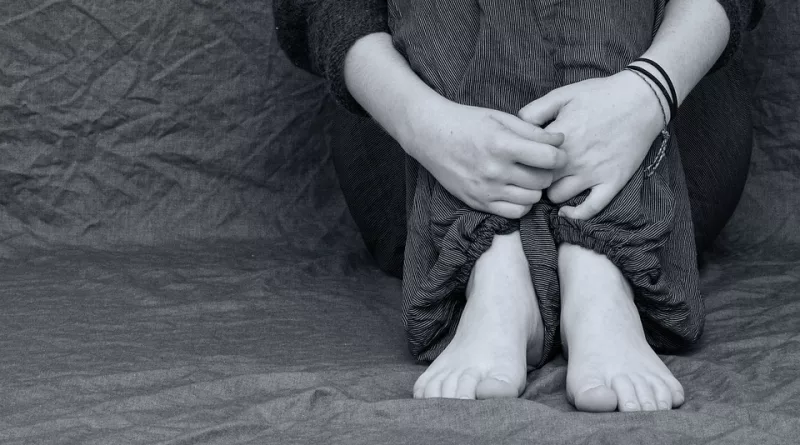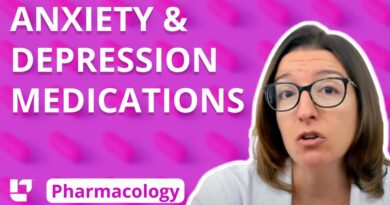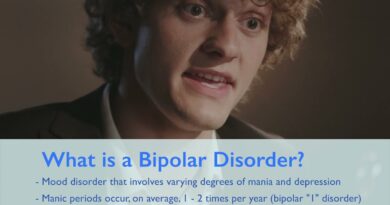Depression and Self-Care: Strategies for Taking Care of Your Mental Health
Depression and Self-Care: Strategies for Taking Care of Your Mental Health
Depression is a serious and common mental health condition that can affect anyone at any age. It is important to prioritize self-care when dealing with depression to help manage symptoms and improve overall well-being.
Strategies for Self-Care
Here are some self-care strategies that can help individuals coping with depression:
1. Establish a Routine
Creating a daily routine can provide structure and stability, which can be beneficial for managing symptoms of depression. Try to include activities such as exercise, healthy eating, and adequate sleep in your daily schedule.
2. Stay Active
Regular physical activity has been shown to improve mood and reduce symptoms of depression. Try to incorporate activities such as walking, running, yoga, or dancing into your routine.
3. Practice Mindfulness
Mindfulness techniques, such as meditation and deep breathing exercises, can help individuals manage stress and reduce anxiety. Practice mindfulness regularly to improve mental clarity and emotional well-being.
4. Connect with Others
Social support is crucial for mental health. Reach out to friends, family members, or mental health professionals for support and companionship. Joining support groups or participating in social activities can also help combat feelings of isolation and loneliness.
5. Prioritize Self-Care
Make time for activities that bring you joy and relaxation, such as reading, painting, or listening to music. Taking care of yourself can help boost your mood and reduce feelings of sadness and hopelessness.
Conclusion
Self-care is essential for managing depression and improving overall mental health. By prioritizing self-care strategies such as establishing a routine, staying active, practicing mindfulness, connecting with others, and prioritizing self-care activities, individuals can take proactive steps towards managing their symptoms and enhancing their well-being.
FAQs
Q: What is depression?
A: Depression is a mental health condition characterized by persistent feelings of sadness, hopelessness, and disinterest in activities. It can impact daily functioning and quality of life.
Q: How can self-care help with depression?
A: Self-care strategies such as establishing a routine, staying active, practicing mindfulness, connecting with others, and prioritizing self-care activities can help individuals manage symptoms of depression and improve overall mental health.
Q: When should I seek professional help for depression?
A: If you are experiencing persistent symptoms of depression that interfere with your daily life, it is important to seek help from a mental health professional. Therapy, medication, and other treatments can help individuals manage depression effectively.



